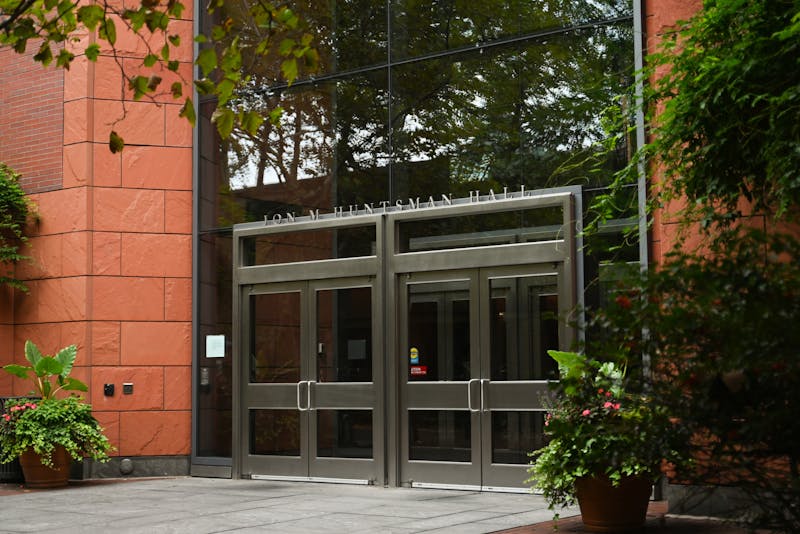What a difference a year makes.
Last March, School of Arts and Sciences Dean Samuel Preston announced that the South Asia Regional Studies Department, its number of faculty dwindling and its future in question, would remain a department rather than be transformed into a program with a faculty of its own or a central hub. At the time, Preston said he "didn't see any particular value" in closing SARS.
But it seems that SARS' future is not so certain. In two weeks, Preston will announce whether the 54-year-old department, the first of its kind in the country, will be "refocused" toward cultural and linguistic studies or subsumed by the Asian and Middle Eastern Studies Department.
Clearly, a department that has not made a new faculty hiring since 1974 is in trouble. But what is even clearer is that eliminating SARS as a department is not the way to improve the study of South Asian culture at Penn.
When in 1994, the University closed the American Civilization Department, which was one of the oldest such departments in the country, due to budgetary constraints and transformed it into an interdisciplinary program, officials were confident that the change would have a minimal effect on the study of the field.
However, since it became a program, American Civilization has essentially disappeared at Penn. Today, it exists only as a graduate group within the History Department to which admissions have been suspended "for the forseeable future." There is no undergraduate major.
The same fate no doubt awaits SARS if it is to become a part of AMES. As is, AMES is too large -- covering areas as cultural disparate as Japan, the Middle East and Judaica -- and if South Asian studies are added, it truly will be, as one SARS supporter calls it, a "cultural dustbin." SARS simply does not fit with AMES.
South Asia is a woefully understudied area, and a department with such a long history of creativity and strength has the possibility to return to the forefront of such studies given the appropriate resources.
Rather than looking for the easy way out -- a merger with AMES -- Preston should "refocus" the department and dedicate the necessary resources to it. One need only look at the resurgent Political Science Department to see that a department in decline can be turned around.
The Daily Pennsylvanian is an independent, student-run newspaper. Please consider making a donation to support the coverage that shapes the University. Your generosity ensures a future of strong journalism at Penn.
DonatePlease note All comments are eligible for publication in The Daily Pennsylvanian.







